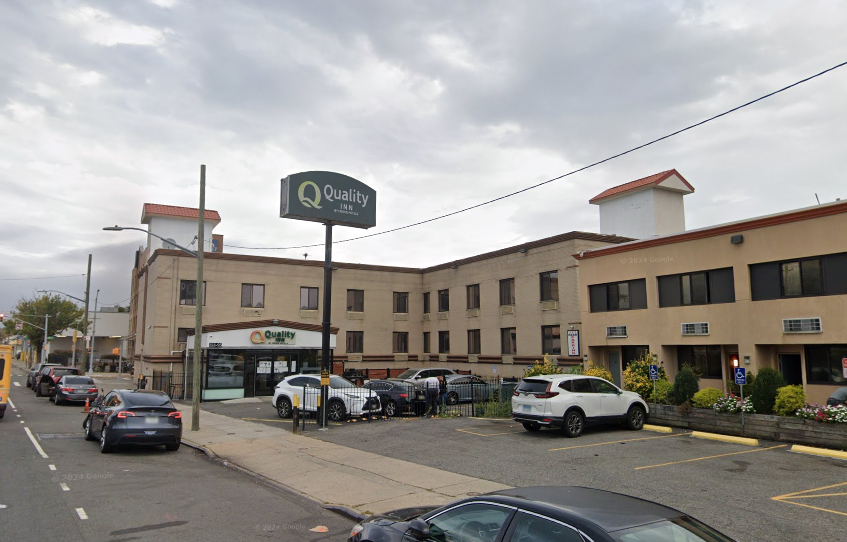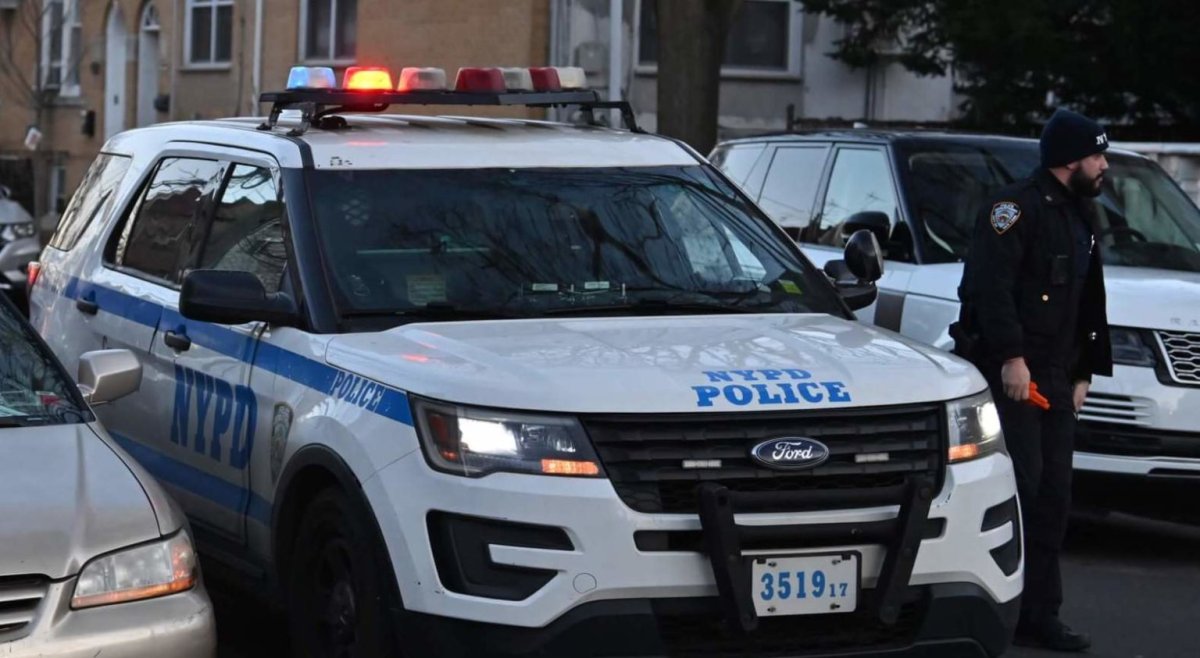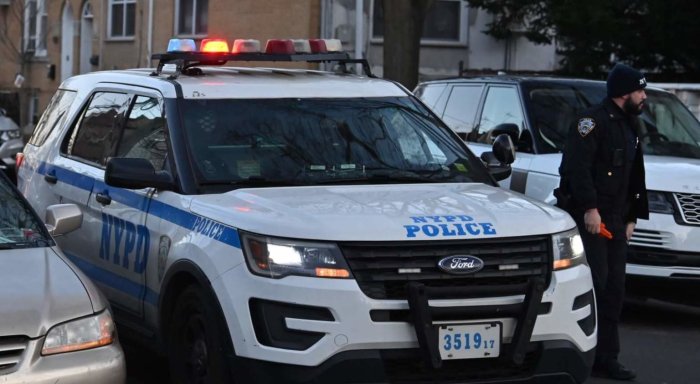By Lincoln Anderson
If democracy is to take root in Iraq, bold, even desperate, steps must be taken — and soon. That was the urgent message of Noah Feldman, New York School of Law professor, in a talk, “Reflections on Iraq,” given to law and international studies students at D’Agostino Hall on W. Third St. last Thursday.
From April to July, Feldman was senior constitutional adviser to Ambassador Paul Bremmer of the Office of Reconstruction and Humanitarian Assistance, Iraq’s top civilian administrator. Feldman counselled Bremmer on how to advise Iraq’s 23-member governing council on drafting a new Iraqi constitution. With the constitutional mechanisms put in place, Feldman then left, and is now a freelance adviser on Iraq.
The author of the recently published “After Jihad: America and the Struggle for Islamic Democracy,” Feldman, 32, is a rising star as a new-generation Middle Eastern and Islamic expert.
At last Thursday’s discussion, the young professor, fast-talking, energetic and wry, began by addressing the day’s most pressing concern — the escalating violence in Iraq and who is perpetrating it.
“No one inside the United States government imagined that this would be the problem,” Feldman said. “What was envisioned was interethnic violence. But we haven’t had interethnic violence.”
Feldman said while foreigners may be participating in the attacks — and can cross Iraq’s wide-open borders easily enough — “there is not strong evidence” the guerillas are outsiders. If true, though, a situation like Afghanistan, where Muslims flocked from far and wide to wage holy war against the Soviets, could emerge, he noted.
Contradicting Feldman, the New York Times reported Saturday that “hundreds” of foreign fighters are believed to have joined the Iraqi resistance.
The attacks, according to Feldman, are concentrated around Sunni Muslim areas. Though a minority, the Sunnis controlled the country and its wealth under Saddam Hussein’s regime and have the most to lose in reconstruction.
Sixty-seven percent of the country’s population, the Shia Muslim majority, support the U.S.’s presence, he said, though a small percentage of Shias are joining the resistance, which he admitted is “scary.”
That the progression has gone from isolated attacks on U.S. soldiers in June to organized attacks on the Red Cross and Coalition forces shows the resistance “has the capacity to last,” Feldman said.
The resistance rightly sees the new Iraqi police force as a threat, and the attacks on police are clearly an attempt to intimidate people from joining the force, in Feldman’s view.
Above all, Feldman said, the U.S. must keep Iraq from sliding into anarchy and civil war, and can’t abandon the effort now. After all, he added, the Iraqis never asked America to invade their country.
“Regardless of if you think the war was the most preposterous thing ever — which is a defensible position — how can you think that the U.S. should walk out now?” Feldman said. The U.S. has “a duty to keep the country from going to pieces,” he added.
He didn’t say whether he thought the war was justified. But, at one point, he quipped, “Let’s face it folks, there are no W.M.D. — This just in,” of the so-far fruitless search for weapons of mass destruction, garnering laughs from the students.
On the new government, Feldman said, it needs to be legitimate, democratic and capable of governing the country. But a new government won’t be able to be set up unless there is security, which is why Feldman advocates a position seen recently on some Op-Ed pages.
“Call the Iraqi army back to barracks,” he said. “Reconstitute the army, which is a risky thing to do because they have frequently overthrown the government. We’ve got to have an Iraqi army and we’ve got to have it now, and an enormous police force of about 100,000 people — which is what Saddam had.”
The body that writes the constitution should be a mix of elected and handpicked members, in his opinion; if the members were only handpicked it would open the process to criticism, but if they were all elected it would take up to a year to assemble the body. With violence intensifying, a year is too long. A compromise was needed, he realized.
“When I landed on the ground in Iraq, I was a theorist. I’m not now,” Feldman said, later noting he was now a “practitioner.”
Another issue is how the country will be subdivided. Feldman says the West envisions 18 provinces in a Federalist system, but while that might work well in theory, reality, again, is different. Some in Iraq might prefer only three large regions; the Kurds don’t really care if the country falls apart since then they’d get autonomy. The location of oil will govern how boundaries are drawn, especially around the Kurdish area.
“If you’re going to break away later, you want lines for where the oil is,” Feldman noted. While the Philadelphia constitutional convention took only six weeks to do their job, the colonies’ borders were pretty much set, he noted.
Federalism can help on another issue, religion, such as whether Sharia (Islamic law) should be part of the constitution or whether there will be equal rights for men and women, Muslims and non-Muslims.
Despite the huge cost of the reconstruction and regardless of whether it helps or hurts America’s regional interests, Feldman stressed the main thing is that the Iraqis will be better off for it. “It’s the Iraqis that matter,” he said.
Students at the talk, some of who are in Feldman’s class and had read his book, gave him high marks.
“What he was saying was totally relevant to what people in the Middle East think. In fact, I think he’s a genius,” said Sara Rohani, 24, an international relations graduate student from Iran.
“It’s comforting to see someone at this law school say we should stay there and finish this,” said law student Chris Hemphill, 25. He said the majority of the faculty at the law school, which is currently ranked fifth nationally by U.S. News and World Report, are “socialists and liberals.”


































